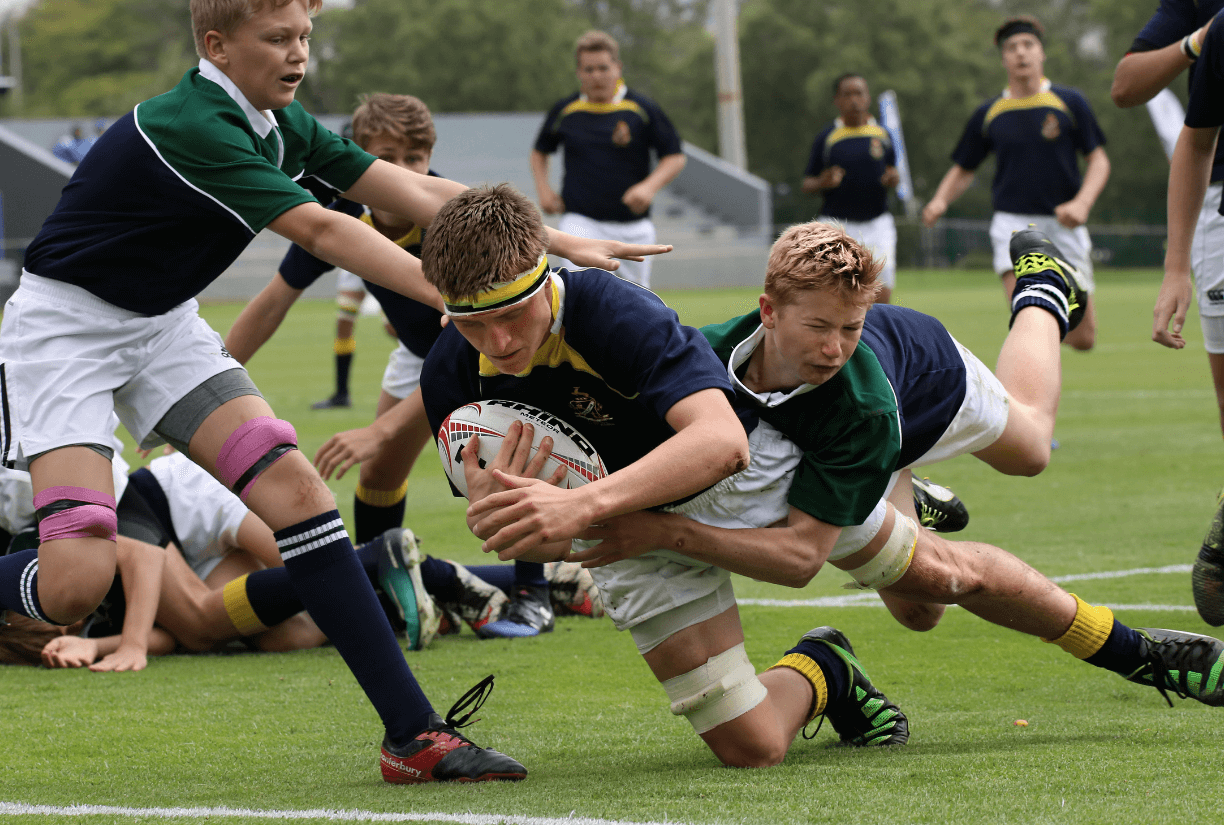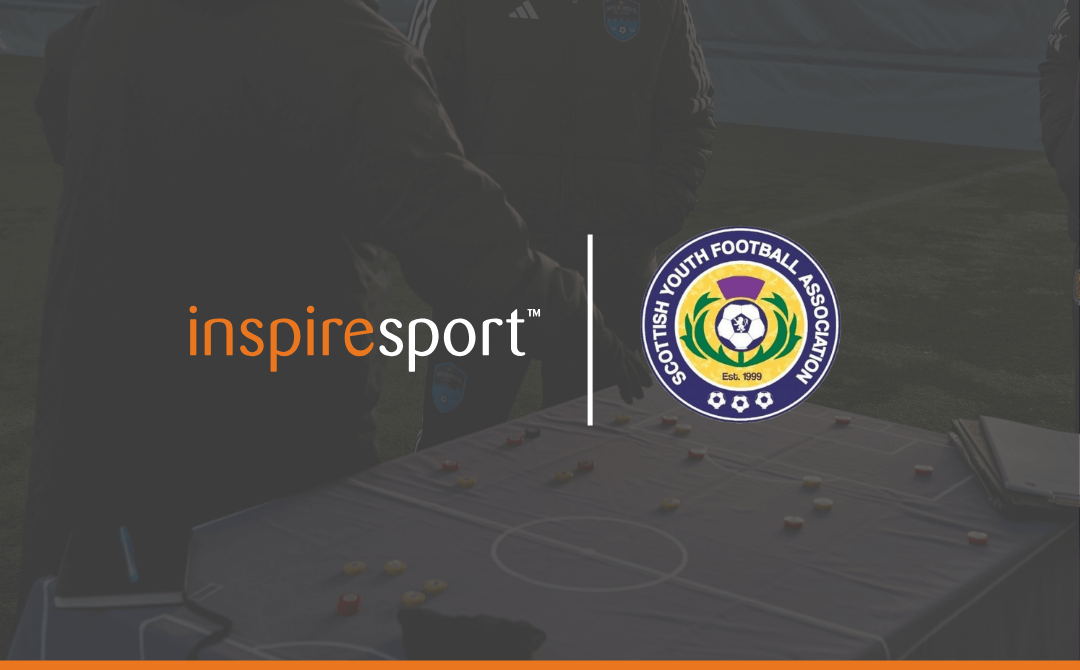
Creating a 6-week fitness training plan for your pupils
To ensure pupils are prepared for sporting activities, getting them motivated and ready to take on the challenges of physical fitness is key to making training enjoyable. Sport equips pupils with a diverse range of skills, and each activity has its own unique merits, whether they want to be a goalkeeper in football or a wing attack in hockey. Ensuring all pupils are at a general level of fitness will ensure the whole team is on the same page, and each pupil can feel confident in contributing their best sporting abilities to each training sessions.
Why General Physical Preparation (GPP) is essential for sports
General Physical Preparation (GPP) is a technique used in all levels of sport from beginners through to elite athletes. This process assists an individual in improving their development and can build up a range of areas that are required for better performance such as strength, agility, skills and conditioning. For pupils, this core training method prepares them for sports both in educational and extra-curricular settings.
Different sports and team positions required a tailored GPP, as there are many qualities each team member will need to perform at their best. However, to ensure each pupil is ready to take their achievements to the next level, a general standard of preparedness is required to move onto more specialised training. To create a fitness training plan for General Physical Preparation (GPP) starting with a SWOT analysis of the team can evaluate where everyone is in the process. By identifying strengths, weaknesses, opportunities and threats, you can determine a structure to your training plan.
Take a look at the areas that will need to feature in your 6-week General Physical Preparation (GPP) plan:
General fitness
Identifying the fitness level of pupils is paramount in assessing where individuals can be placed in a team. Overall fitness need to be at adequate levels, so undertaking specific movements and intensities in general activities such as jogging and then sprinting will display areas to focus on to advance capability.
Strength training
Increasing muscle mass is essential for sporting performance and developing a plan that identifies weak muscle groups will ensure improved function at later stages. Applying practices such as bodyweight exercises and assistance training will build muscle and movement patterns.
Sport-specific training
General fitness training is an excellent base for sports but using sport-specific methods will design a plan to target areas for better performance. Most games have technique specific attributes and require skill development to progress. Identifying the main areas to focus on will support advancements in core muscle groups and specialist skills.
Recovery time
Recovery time is an important metric in sports training and getting pupils to a general level of fitness will ensure they are better equipped to recover faster and build up enhanced resilience to fatigue.
Preventing injury
Injury can be one of the most significant threats to sports; so ensuring team members are at a good level of fitness will prepare their body for exertion. Training general muscle groups and focusing on sport-specific aspects will ensure these areas are not put under intense or unfamiliar strain in training and competition situations.
Managing stress
A good level of fitness and training will help to build the foundations in life skills. Managing stress and pressures of everyday life can be challenging for young people, and a sporting focus can help to give a different perspective on these negative aspects. Creating a plan that enables pupils to take part and start afresh for the session will improve their focus for further training.
Managing expectation
For sports coaches, progression in your team is an indicator that they are responding well to a training plan. However, there will be times that this development is slow or not as expected. By analysing and managing your own expectations more effectively, this will ensure you do not put unnecessary pressure on pupils to perform. Excessive pressure results in lack of motivation and poor performance. So, ensuring you are equipped to deal with adaptions to the training plan will help to build a stronger team environment.






